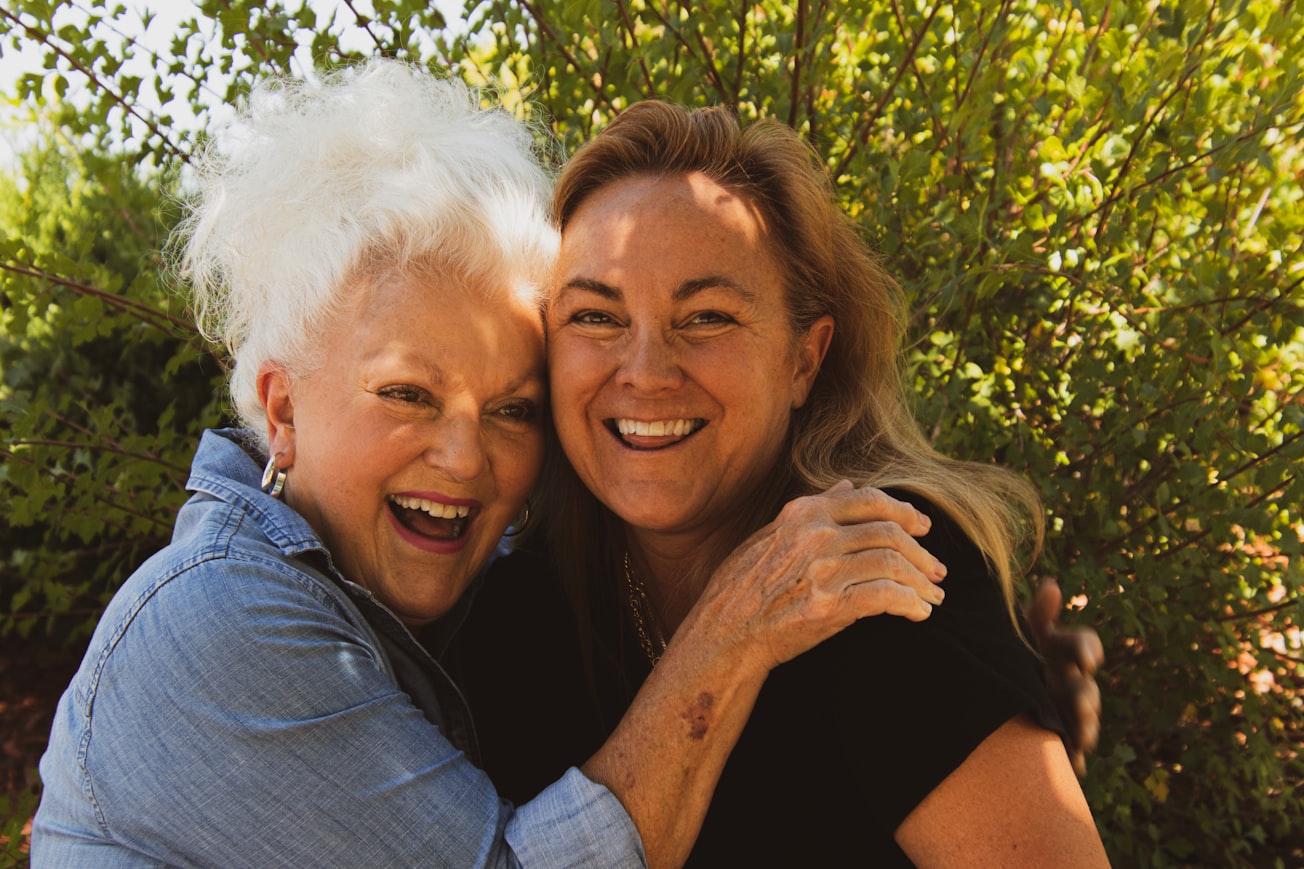What is it about?
How does aging affect facial attractiveness? We tested the hypothesis that people find older faces less attractive than younger faces, and furthermore, that these aging effects are modulated by the age and sex of the perceiver and by the specific kind of attractiveness judgment being made. Using empirical and computational network science methods, we confirmed that with increasing age, faces are perceived as less attractive. This effect was less pronounced in judgments made by older than younger and middle-aged perceivers, and more pronounced by men (especially for female faces) than women. Attractive older faces were perceived as elegant more than beautiful or gorgeous. Furthermore, network analyses revealed that older faces were more similar in attractiveness and were segregated from younger faces. These results indicate that perceivers tend to process older faces categorically when making attractiveness judgments. Attractiveness is not a monolithic construct. It varies by age, sex, and the dimensions of attractiveness being judged.
Featured Image

Photo by LOGAN WEAVER on Unsplash
Why is it important?
• Older faces are rated as less attractive than younger faces and treated like a category when making aesthetic judgments. • Older perceivers are less influenced by the age of the viewed face than younger and middle-aged perceivers. • Men, more than women, distinguish more clearly between faces when judging attractiveness, especially in female faces. • Aging has less of an effect on judgments of elegance than beauty and gorgeousness.
Read the Original
This page is a summary of: The effect of aging on facial attractiveness: An empirical and computational investigation, Acta Psychologica, September 2021, Elsevier,
DOI: 10.1016/j.actpsy.2021.103385.
You can read the full text:
Resources
Contributors
The following have contributed to this page







